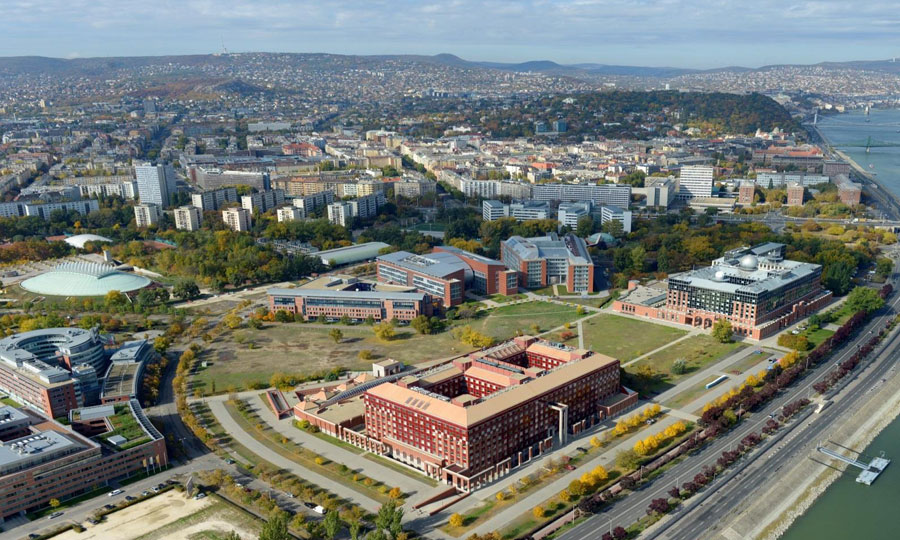The structural analysis facility of the Centre for Structural Science consists of five different-purpose mass spectrometers (Q-TOF, Q-TRAP, QQQ), two NMR spectrometers (400 and 600 MHz) suitable for solution and solid-state measurements and a high-resolution single crystal X-ray diffractometer for molecular and crystal structure determinations. The high-performance equipment along with the experienced crew of the Instrument Centre together with the internationally recognized research groups working in association with the facility guarantee the high technical and scientific quality. Therefore, this concentrated research infrastructure is able to provide high-quality measurements and research services structural and analytical chemistry, biochemistry and biology, which are considered essential in natural sciences and a number of life science disciplines.
Main offered services
- Structural analysis by mass spectrometry, NMR and single-crystal X-ray diffraction (SXRD), quantitative MS analysis and proteomics, along with related consultancy services.
- Accurate mass determination of molecules, determination of elemental formulae of molecules, structure elucidation.
- Measurement of organic, organometallic and complex crystals, determination of crystal and molecular structure of air sensitive (either oxygen or moisture sensitive) materials including polymorphs. In case of chiral compounds and the presence of heavy atoms with high atomic number the absolute configuration can also be determined. Small size, weakly diffracting crystals, disordered materials may be measured successfully.
- We offer qualitative and quantitative determination of pharmaceuticals and their metabolites and impurity profiling. We offer mass spectrometric proteomics, after enzymatic digestion (“bottom-up” proteomics) and investigation of site-specific glycosylation pattern of proteins.
Guiding principles of access policy
Financial support of RCNS allows academic users and researches from the non-profit sector to access the facility at a discount price, provided that the work is part of a formal or informal scientific cooperation. If routine measurements are requested, the costumer is not involved in the work. In the latter case additional labour cost contribution should be paid above the “bench fee”. If an actual task is directly or indirectly part of a for-profit contract, the full price should be paid.


